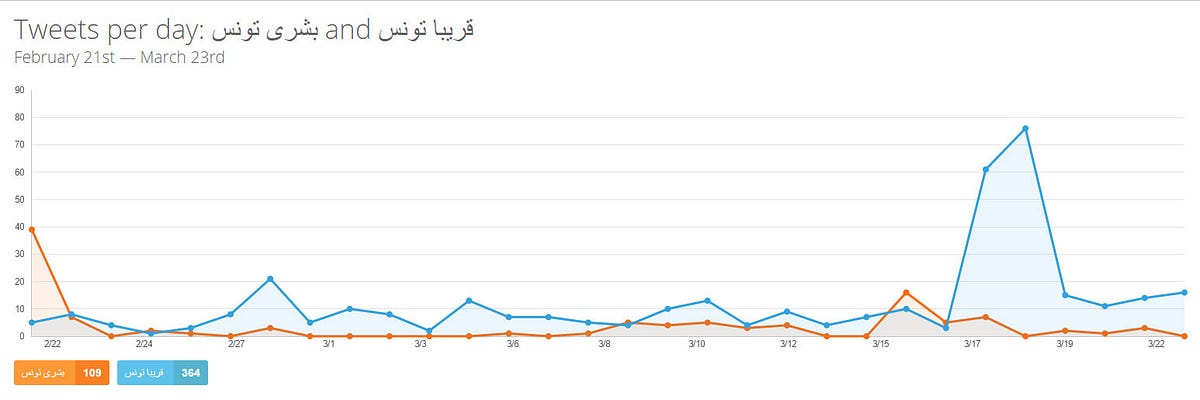Justin Fox at the Harvard Business Review: “When we make decisions, we make mistakes. We all know this from personal experience, of course. But just in case we didn’t, a seemingly unending stream of experimental evidence in recent years has documented the human penchant for error. This line of research—dubbed heuristics and biases, although you may be more familiar with its offshoot, behavioral economics—has become the dominant academic approach to understanding decisions. Its practitioners have had a major influence on business, government, and financial markets. Their books—Predictably Irrational; Thinking, Fast and Slow; and Nudge, to name three of the most important—have suffused popular culture.
So far, so good. This research has been enormously informative and valuable. Our world, and our understanding of decision making, would be much poorer without it.
It is not, however, the only useful way to think about making decisions. Even if you restrict your view to the academic discussion, there are three distinct schools of thought. Although heuristics and biases is currently dominant, for the past half century it has interacted with and sometimes battled with the other two, one of which has a formal name—decision analysis—and the other of which can perhaps best be characterized as demonstrating that we humans aren’t as dumb as we look.
Adherents of the three schools have engaged in fierce debates, and although things have settled down lately, major differences persist. This isn’t like David Lodge’s aphorism about academic politics being so vicious because the stakes are so small. Decision making is important, and decision scholars have had real influence.
This article briefly tells the story of where the different streams arose and how they have interacted, beginning with the explosion of interest in the field during and after World War II (for a longer view, see “A Brief History of Decision Making,” by Leigh Buchanan and Andrew O’Connell, HBR, January 2006). The goal is to make you a more informed consumer of decision advice—which just might make you a better decision maker….(More)”



